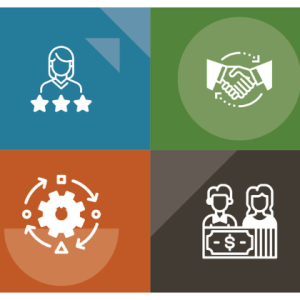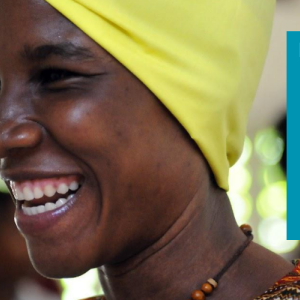Resource Library
The Resource Library serves as a broad resource hub, including over 1000 documents, training materials, wikis, and curated reports to increase readers' awareness, understanding, and proficiency of several topics in market systems development. Users have access to proposals, evaluation materials, and USAID policy updates, as well as training modules and wikis to boost skills and knowledge.
These resources are bolstered by the inclusion of curated USAID reports published on the USAID Development Experience Clearinghouse (DEC) which serves as a repository of reports from completed or ongoing USAID development projects around the globe. The full USAID Development Clearinghouse website can be accessed here.
This series profiles select small- and medium-sized enterprises (SMEs) that have implemented women-inclusive (WI) initiatives and can demonstrate returns on investment (ROI), features a learning note on MSP’s lessons for selecting and working with firms on WI initiatives, and a synthesis report, which pulls it all together—the practical application of WI-ROI within private sector firms and a suggested timeline for utilizing all the WI-ROI guides developed under MSP’s Learning Stream over the last several years.
The case study series features:



